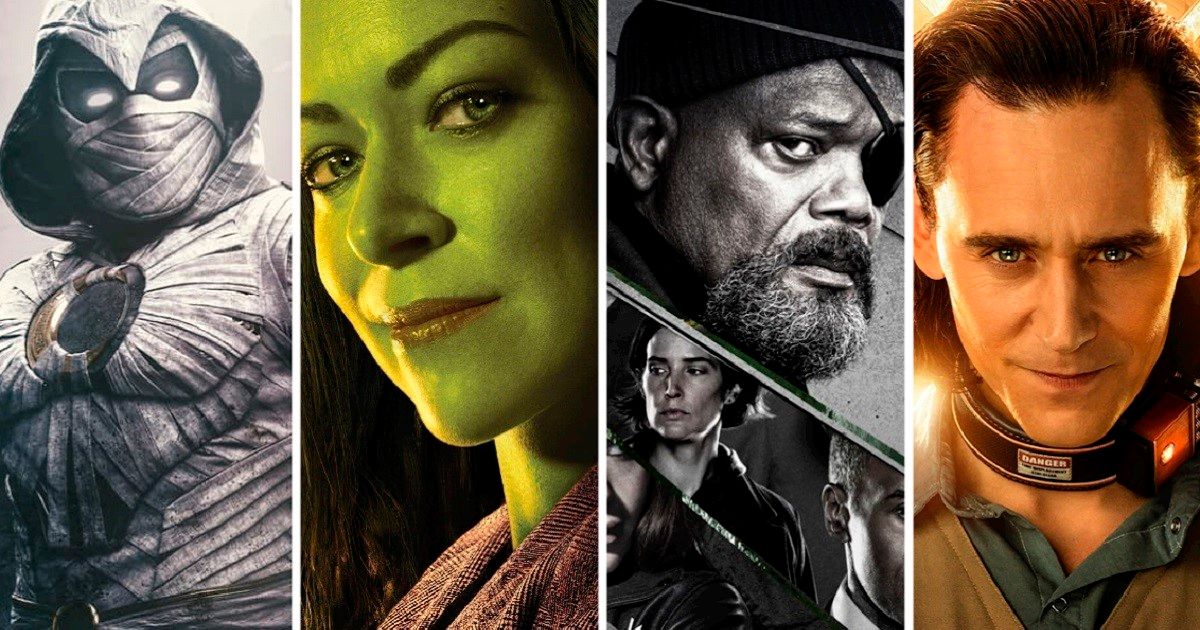Summary
It is not news to the public or to industry workers that Marvel Studios, like many of the large film, television and streaming companies, is going through a crisis. Beyond the current situation at Hollywood caused by the strikes, many studios are being heavily criticized for their most recent projects. And the MCU is part of that list. When Disney+ officially launched on November 12, 2019, the future of theMarvel Cinematic Universe seemed brighter than ever. Although the franchise had just closed an important chapter after Avengers: Endgame, the launch of the streaming platform presented new opportunities that the studio was not going to waste. However, it took just over a year for the MCU to bring its first story to the Disney+.
WandaVision couldn’t have come at a better time, though. In the midst of the pandemic, people were at home, eager to consume everything they had on hand. That first year, Disney+ premiered a total of five series from the MCU, dominating the screen. But, as the pandemic gradually turned into just an echo in the background, and the world began to slowly return to normal, subscriber growth stalled and the crisis started.
Although the MCU shows and films continue to be among the most successful every time they are released, criticism did not take long to arrive, especially related to the visual and narrative quality of the projects. So now that the writers’ strike is over, and AMPTP and SAG-AFTRA continue negotiating to end the actors’ strike as well, Marvel Studios announces a series of changes for the future of its television productions to win back the audience.
Through The Hollywood Reporter it has been revealed that the studio will begin working with showrunners to supervise the series, something it had not done previously. Additionally, there will be executives who will dedicate themselves full time to TV, instead of dividing their tasks between film and streaming.
The most significant change, however, is that from now on the showrunners will have to present pilot episodes and show bibles in order to correct the stories from the beginning and not wait for post-production or re-shoots. Another of the big changes for the future has already been implemented in Loki, which is the first MCU series to have a second season. From now on, the studio will look for multi-seasonal stories instead of limited-series.
Secret Invasion was, without a doubt, the high point of Marvel Studios’ crisis along with Ant-Man and the Wasp: Quantumania. Both productions were heavily criticized by fans, and did not perform as expected. While the box office numbers for the film starring Paul Rudd were not bad, just lower than what Marvel Studios is used to, the series led by Samuel L. Jackson was a huge setback.
Despite starring characters already established within the MCU, the series became one of the least watched, at times being below She-Hulk, which presented its main heroine for the first time. But it seems that it was precisely the behind-the-scenes conflicts that affected Secret Invasion.
In The Hollywood Reporter article, it details that the show was originally going to be led by Mr. Robot‘s Kyle Bradstreet, who was fired after working on the series for a year, because the studio “decided on a different direction.” That’s how Broken City‘s Brian Tucker took his place.
But things were still difficult behind the cameras, as one of the outlet’s sources declares:”It was weeks of people not getting along, and it erupted.”
Eventually, Marvel executive producer Jonathan Schwartz was put in charge to bring order. However, by that point, the team had changed so many times that the chaos seemed impossible to control, something that reflected in the series’ performance.
Here’s hoping that Marvel learns the necessary lessons and can get back on track going forward.
As Marvel Studios announces major changes for its upcoming TV projects, the conflicts behind past shows comes to light, including Secret Invasion. Read More

